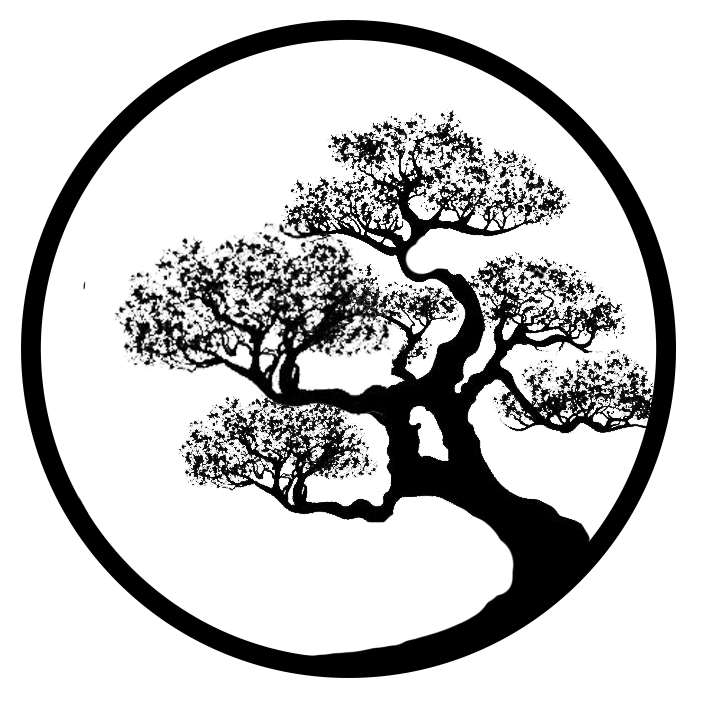Definition and Importance of Speciation
– Speciation is the process by which populations evolve into distinct species.
– Orator F. Cook coined the term in 1906.
– Charles Darwin described the role of natural selection in speciation.
– There are four geographic modes of speciation: allopatric, peripatric, parapatric, and sympatric.
– Genetic drift’s contribution to speciation is still debated.
Historical Background and Darwin’s Dilemma
– Understanding the nature of species has focused on the evolutionary mechanisms of speciation.
– Reproductive isolation is widely agreed to be the critical factor behind the origin of new species.
– Darwin was perplexed by the clustering of organisms into species.
– The absence of transitional forms in habitat space and time posed a dilemma.
– Natural selection must operate to generate and maintain species.
Effect of Sexual Reproduction on Species Formation
– Out-crossing sexual reproduction has an intrinsic cost of rarity.
– Rarity makes it difficult to find mates from other species.
– Larger species have an advantage in finding mates, leading to the extinction of smaller, rarer species.
– Rare or unusual features often indicate deleterious mutations, leading to avoidance in mate selection.
– Reproductive isolation is a hallmark of speciation.
Modes of Speciation
– Natural speciation occurs through various mechanisms.
– The three-spined stickleback fish is an example of natural speciation.
– Allopatric speciation occurs when a population splits into geographically isolated populations.
– Genotypic or phenotypic divergence, selective pressures, genetic drift, and mutations contribute to allopatric speciation.
– Reproductive isolation is established when the isolated populations come back into contact.
None Source: https://en.wikipedia.org/wiki/Speciation



